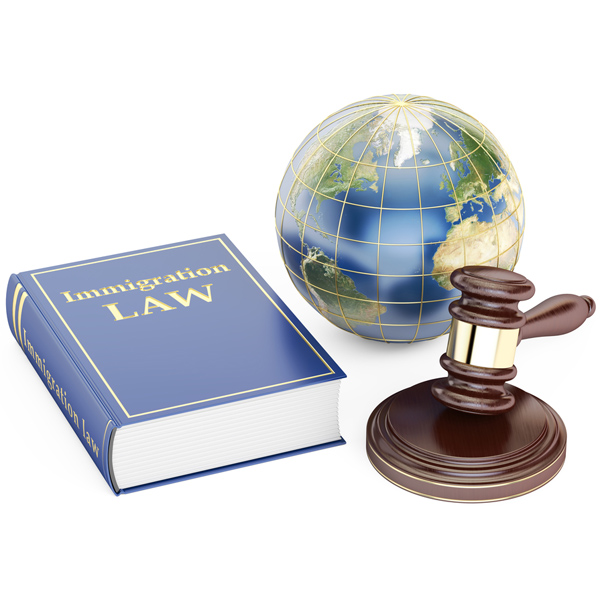Federal appeals court refuses to immediately reinstate Trump's immigrant travel ban

A federal appeals court on Sunday refused to immediately reinstate President Trump’s executive order temporarily banning refugees and immigrants from seven majority-Muslim countries from entering the United States.
The San Francisco-based 9th U.S. Circuit Court of Appeals acted (PDF) after U.S. District Judge James Robart issued a nationwide temporary restraining order (PDF) blocking Trump’s travel ban. The New York Times and the Washington Post have coverage.
The appeals court called for additional briefing; the government’s response is due on Monday. In seeking the stay of Robart’s ruling, the U.S. Justice Department argued it contravenes the constitutional separation of powers and “second-guesses the president’s national security judgment.” The 9th Circuit’s case page is here.
Ninety-seven companies have filed an amicus brief opposing the travel ban with the 9th Circuit. The companies—which include Apple, Facebook, Google, Microsoft, Netflix and Twitter—argued that the ban made it more difficult to recruit and retain employees.
The State Department and the Department of Homeland Security complied with Robart’s order, and airlines were telling banned immigrants that their visas were valid. A Justice Department spokesman told the Post that the administration plans to “let the appeals process play out” in the 9th Circuit rather than seek immediate action from the U.S. Supreme Court.
Robart ruled on Friday in a suit filed by Washington state and later joined by Minnesota. Washington state’s initial suit had argued that Trump’s executive order is harming the state’s economy and its technology industry, which depends on highly skilled workers with H-1B visas who work in the country. The suit also said the order is separating Washington families.
Robart said the states had shown they were likely to succeed on the merits. “The executive order adversely affects the states’ residents in areas of employment, education, business, family relations and freedom to travel,” Judge Robart wrote.
“These harms extend to the states by virtue of their roles as parens patriae of the residents living within their borders. In addition, the states themselves are harmed by virtue of the damage that implementation of the executive order has inflicted upon the operations and missions of their public universities and other institutions of higher learning, as well as injury to the states’ operations, tax bases and public funds.”
Trump criticized Robart’s decision in a series of Twitter posts on Saturday. “The opinion of this so-called judge, which essentially takes law-enforcement away from our country, is ridiculous and will be overturned!” he wrote. “What is our country coming to when a judge can halt a Homeland Security travel ban and anyone, even with bad intentions, can come into U.S.? Because the ban was lifted by a judge, many very bad and dangerous people may be pouring into our country. A terrible decision.”
ABA President Linda Klein today addressed these comments in a speech before the ABA House of Delegates at the association’s midyear meeting. ““There are no ‘so-called judges’ in America,” Klein said. “There are simply judges—fair and impartial. And we must keep it that way.”
Some Democrats also criticized Trump’s statement. Trump seems “intent on precipitating a constitutional crisis,” said Sen. Patrick Leahy of Vermont.
Updated at 12:08 p.m. to note to comments from ABA President Linda Klein.



